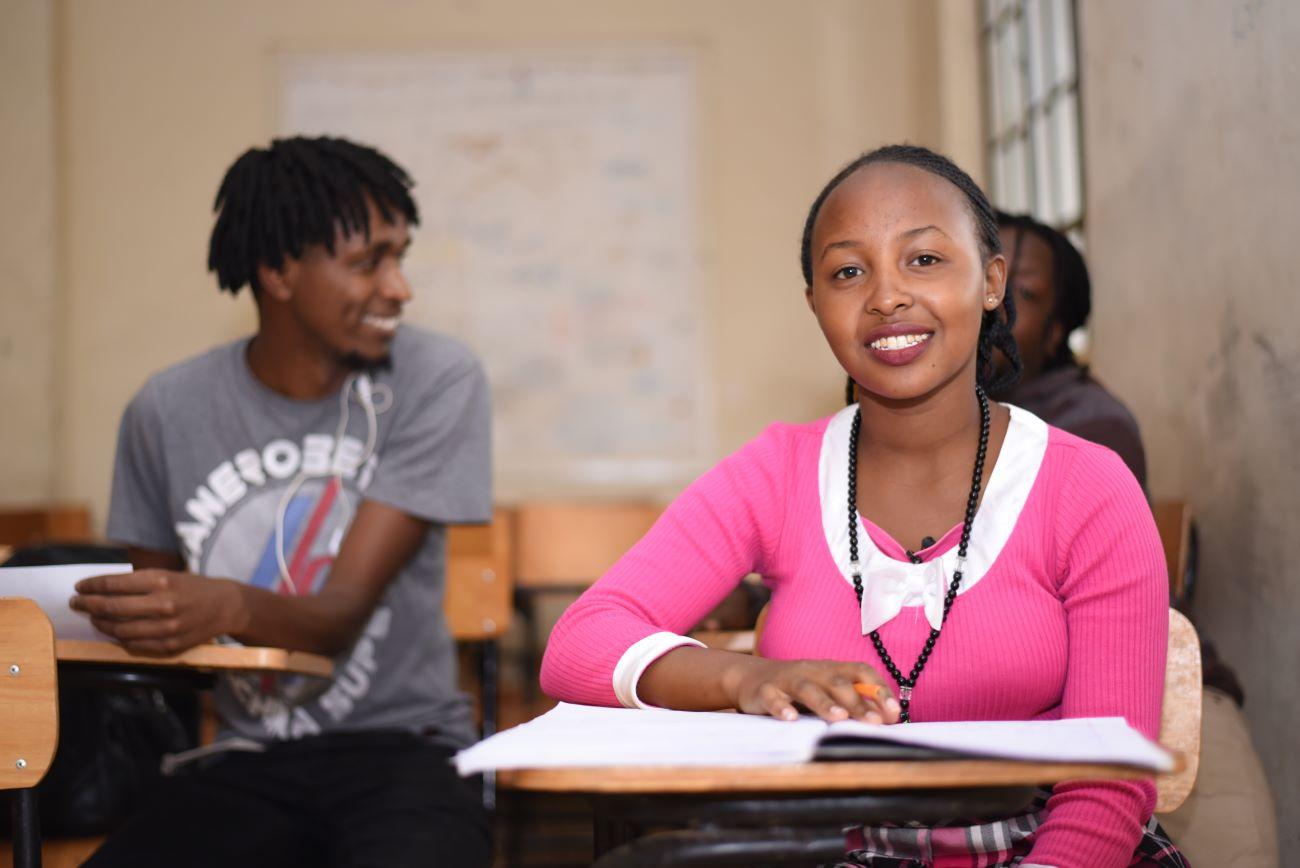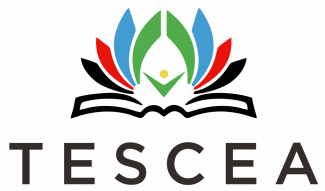
Transforming Employability for Social Change in East Africa phase 2
Subtitle
A second phase of TESCEA to reach across East Africa
Logo

Project description
The first phase of the TESCEA partnership has laid the foundations – through knowledge, networks, skills and tools – to enable universities across East Africa to produce graduates who have the skills and competencies that local employers and communities need to solve real-world problems.
The TESCEA model
- Motivates academics to teach differently
- Rapidly improves the relevance and quality of taught courses
- Builds new and lasting relationships with business and communities – for practical learning and more relevant skills
- Gives students the skills and confidence to think critically and solve problems.
Phase 1 with 4 universities
- Reached 3,800 students
- Trained 565 academics to become facilitators of transformative and student-centred learning and embed gender responsive approaches
- Redesigned over 200 courses in 100+ departments
- Fostered policy and practice change across institutions. 39 policies and process guidelines revised or created.
- Spanned disciplines and subjects from agriculture (soil, livestock, agri-business, extension), education, medicine, business administration, accounting, marketing, engineering sociology, economics, community & rural development, ethics, data & computer science, entrepreneurship
We know that
- Lecturers are teaching differently: embedding critical thinking and problem-solving skills and making their classrooms more inclusive and gender-responsive.
- Students felt more engaged in their learning, more confident at participating in class.
- Employers and communities became more engaged in the teaching and learning process and valued their universities differently.
Learning from phase 1 and the TESCEA model and materials indicate that it can drive and support change at much greater scale.
Deepening impact and scaling the model
By 2030 our ambition is to reach
- 70,000 learners
- 8,000 tertiary instructors and lecturers
- Across seven countries
- And to re-design at least 3,250 courses that are clearly aligned to jobs and business opportunities.
In the next phase (to 2026) we plan to
- Integrate TVET institutions
- Leverage new expertise and financing for youth business creation
- Pilot use of new digital technologies, including AI, both as tools for instruction and to focus on critical new skills for learners
To do this we will
- Ensure it is well aligned to employment and business creation in specific, high potential sectors
- Ensure we have the learning mechanisms and programme agility to adapt to changing needs and emerging opportunities.
- Understand, spot and respond to opportunities to ‘tip the system’ towards positive change
Would you like to learn more or get involved? Please reach out to our Executive Director, Jon Harle.
Partners
Logo
Inter-University Council for East Africa
